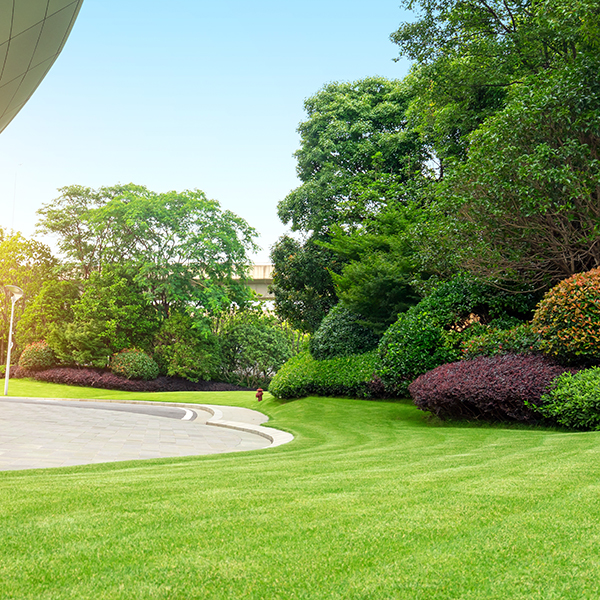Maintaining a vertical garden ,, requires regular pruning, cleaning, checking the irrigation system, proper watering, fertilization, and monitoring for pests and diseases.
Watering frequency
The frequency depends on the plants, weather, and the system’s design.
A well-designed irrigation system is crucial for ensuring every plant gets the hydration it needs.
Vertical gardens can dry out quickly, especially in hot, windy conditions, so you may need to water more frequently than a traditional garden. checkout our irrigation page https://mrfarmer.com/irrigation/
Pruning
Regular pruning: Pinch and clip plants regularly to maintain their shape and size.
Deadheading: Remove spent flowers to encourage more blooms.
Remove damaged or diseased parts: Prune away any dead, damaged, or diseased leaves or stems.
Cleaning
Clean the structure: Regularly clean the vertical garden structure to prevent the buildup of debris and algae.
Remove dried leaves: Remove any dried leaves or debris from the plants and structure.
Irrigation System
Check for leaks and clogs: Regularly inspect the irrigation system for any leaks or clogs.
Ensure proper functioning: Make sure the system is functioning correctly and that water is reaching all parts of the garden.
Recirculating systems: For larger vertical gardens, consider using recirculating systems to conserve water.
Fertilization
Regular fertilization:
Vertical gardens require regular fertilization to ensure plants receive the nutrients they need.
Use a balanced fertilizer:
Choose a fertilizer that is appropriate for the types of plants you are growing.
Follow the instructions:
Follow the instructions on the fertilizer packaging for proper application.
Pest and Disease Control
Monitor for pests and diseases: Regularly inspect your vertical garden for signs of pests or diseases.
Implement preventive measures https://mrfarmer.com/product/controls-all/ Take steps to prevent pests and diseases from becoming a problem, such as using organic pest control methods.

